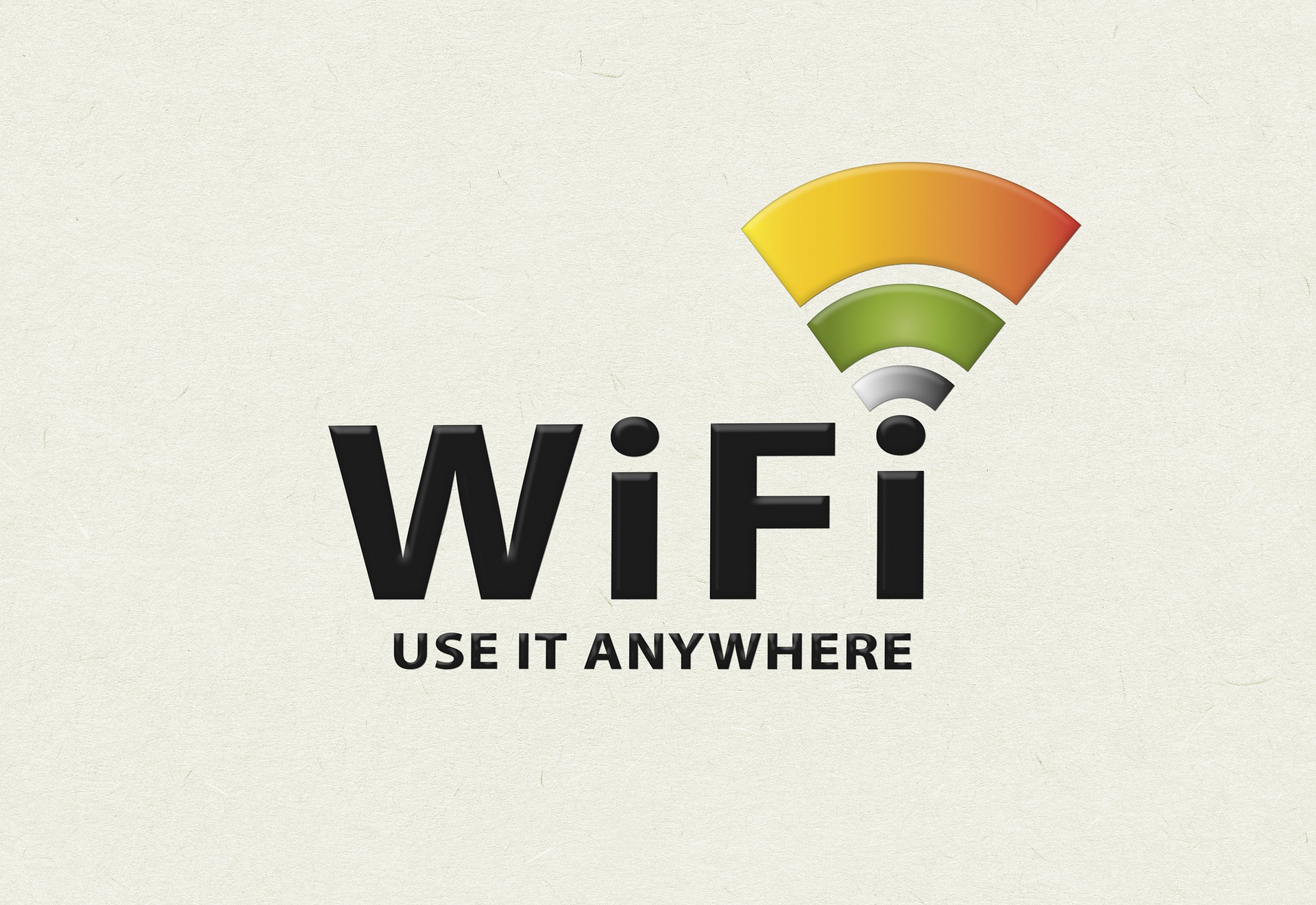 Internet connectivity while traveling for business has moved from a luxury to an expected service. On business trips, we expect to keep up with clients and the boss through e-mail, as well as pay bills, reschedule doctor visits online, and check our Facebook and Twitter pages, all without using our own carrier data. The problem is, the use of public networks opens us up to risks that we wouldn’t likely encounter at home or in the office.
Internet connectivity while traveling for business has moved from a luxury to an expected service. On business trips, we expect to keep up with clients and the boss through e-mail, as well as pay bills, reschedule doctor visits online, and check our Facebook and Twitter pages, all without using our own carrier data. The problem is, the use of public networks opens us up to risks that we wouldn’t likely encounter at home or in the office.
It is simple for a cyber criminal to set up software on a public Wi-Fi hot spot and harvest the user names and passwords of everyone using it. Another scheme cyber criminals or hackers like to use is to entice people to connect to a phony network, which has been built to mimic a company, so that they can steal personal information. Even Wi-Fi hot spots requiring passwords don’t offer much protection, especially if you consider that those passwords are probably sitting out on a hotel counter somewhere. If you have access the password, a hacker probably does, too.
The Federal Communications Commission (FCC), the United States’ primary authority for communications law, regulation, and technological innovation, is well aware of the risks of public Wi-Fi use. Its advice on how to protect yourself is centered around the concept of encryption. Every time we access the Internet to check our e-mail account, Facebook page, or online bank account, we are transmitting information in the form of images, videos, and text. Hackers would like to intercept that information, but encryption prevents them from doing so.
Tips to keep your data secure while traveling:
- Before using an airport, hotel, or other Wi-Fi hot spot, check that the network actually belongs to the business by confirming the network name with someone who works there.
- Encrypted networks are usually indicated by either Wired Equivalency Privacy (WEP), Wi-Fi Protected Access (WPA) or WPA2. If you see any of these acronyms on a network, that is a good sign that it is secure.
- To know if a website is encrypted, look for “https” in the web address. The “s” stands for “secure.”
- If you don’t want to worry about encrypted networks and websites, use a virtual private network (VPN). A VPN will make sure that all interactions between your devices and the Internet are encrypted. Many companies will provide VPN accounts. If yours doesn’t, you can pay for one at a monthly rate.
- When sending sensitive information, the FCC recommends using your cellphone data plan instead of public Wi-Fi.

Need help finding the best remote office for your next business trip? Contact us today to get started.
Tags: business travel, corporate travel
